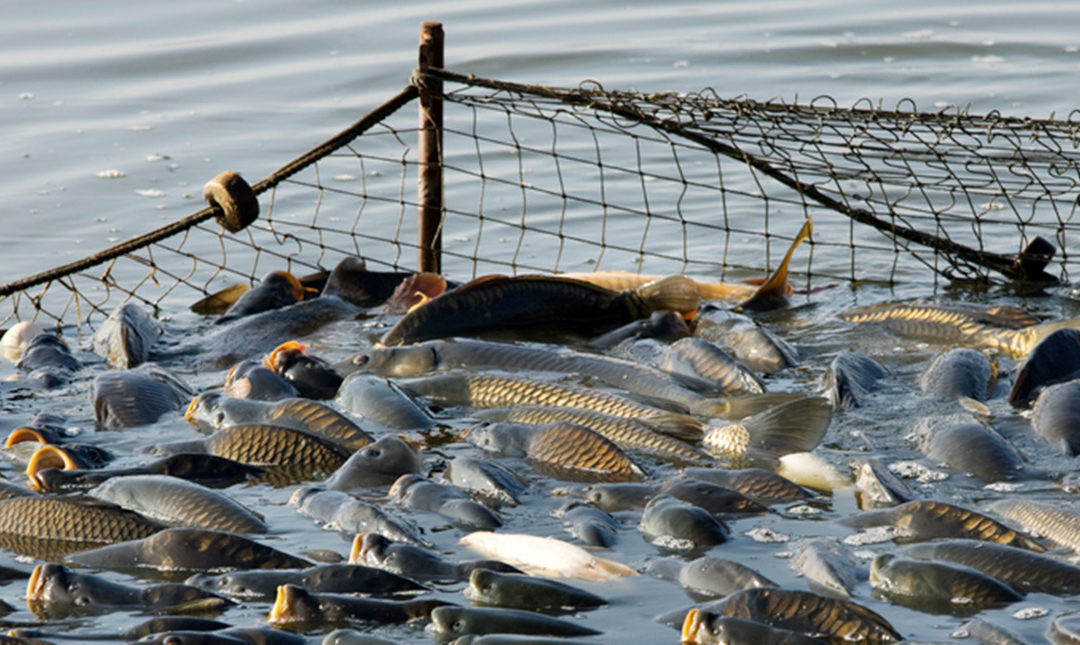Approaching the topic of “ocean sustainability” can be a rather sensitive endeavor. One reason for this is that there doesn’t seem to be a single accepted definition of the term “sustainability.” So, depending on your scientific, political, or environmental leaning, the meaning of sustainability in general, and ocean sustainability, in particular, can vary depending on who is using the term and in what context it is being used. Another reason is that the very idea of using the ocean’s resources for our benefit – no matter how well managed – is neither universally accepted nor supported. But with over three billion people’s livelihoods directly dependent on coastal and marine ecosystems, it would be unrealistic to think we could ever completely step away from our dependence on the ocean.
While there is no universal definition of sustainability, an often-quoted definition comes from the UN World Commission on Environment and Development: “sustainable development is development that meets the needs of the present without compromising the ability of future generations to meet their own needs.” Ocean sustainability, then, is all about approaching ocean management in a way that protects the ocean and the services it provides. It is, in short, a balancing act between what is good for the health and well-being of the ocean and what is good for the economic well-being of those who are dependent on the ocean. According to the World Resources Institute, ocean sustainability requires the “use of ocean resources in ways that preserve the health and resilience of marine ecosystems and improves livelihoods and jobs, balancing protection and prosperity.”
To learn more about ocean sustainability and to access Ocean Connect’s wide range of educational and career resources, please visit our Ocean Sustainability snapshot.

